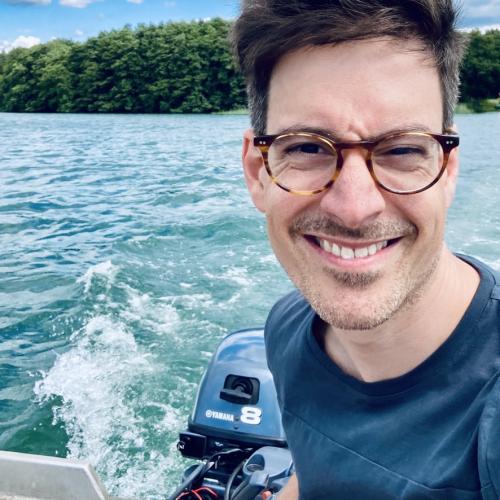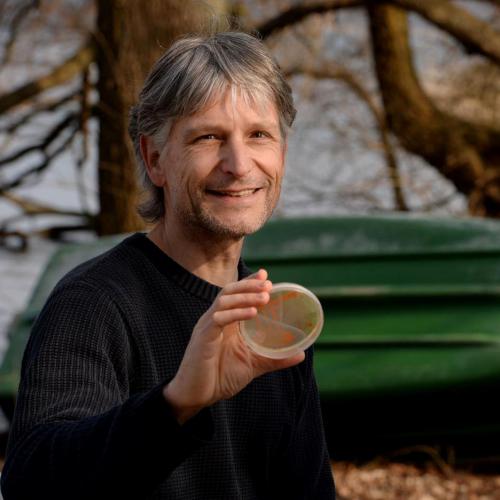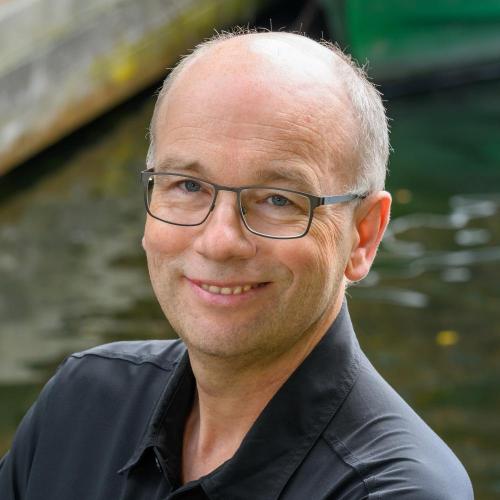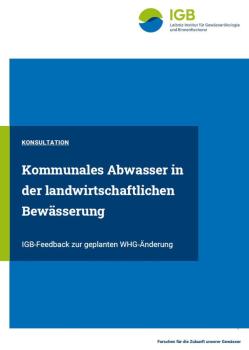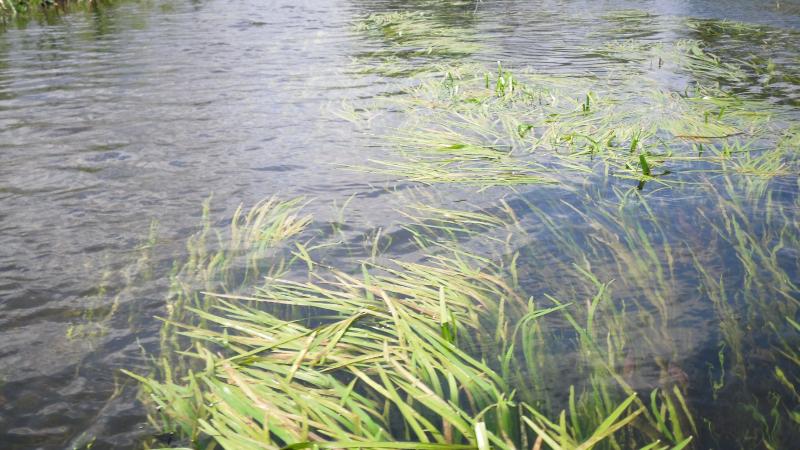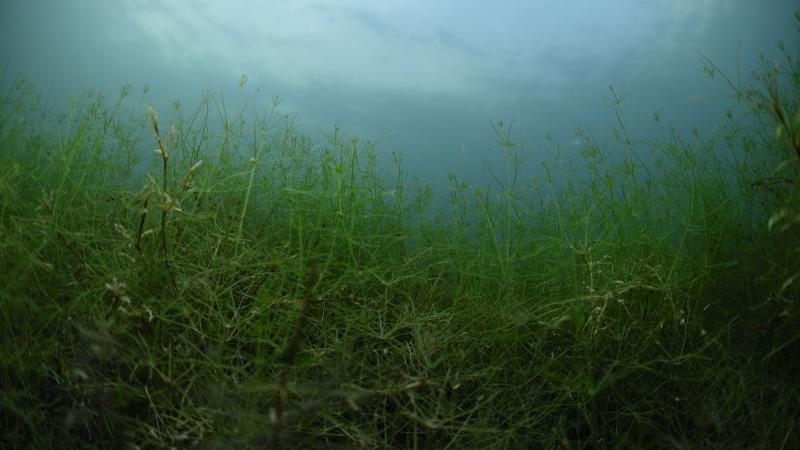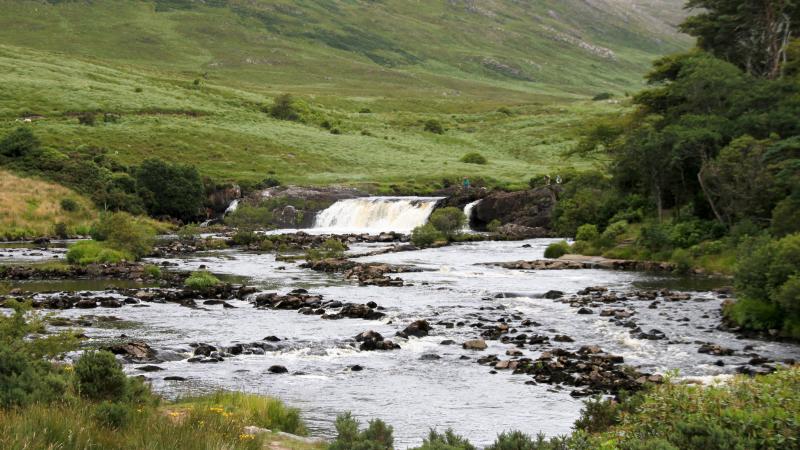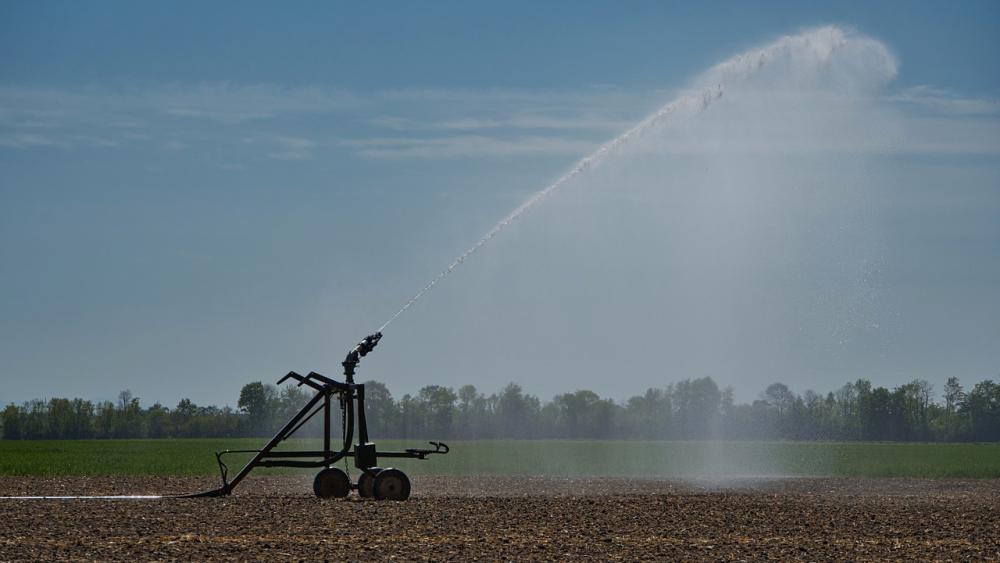
The IGB researchers therefore recommend to exploit the possibilities of the precautionary principle as fully as possible in the planned law, and only permitting the use of clear water (i.e. treated wastewater) in agriculture if it originates from wastewater treatment plants that have implemented at least one further wastewater treatment stage for the effective removal of trace substances and whose effectiveness is guaranteed and verifiable at all times. Potentially occurring degradation products, which can also have a harmful effect, must also be taken into account. This advanced wastewater treatment should at least correspond to the current state of the art. In addition, the authorities should set clear targets for the efficiency or limit values for certain water constituents in the clear water and monitor them closely.
Quality of municipal clear water in Germany
The researchers base their recommendation on the fact that most municipal wastewater treatment plants do not remove the large number of synthetic substances, such as organic trace substances, their transformation products and nanoparticles, or do not remove them sufficiently. Recent advances in analytical techniques show the frequent occurrence of previously overlooked, highly mobile organic compounds in the aquatic environment, many of which are persistent and potentially toxic. The sources of such substances are diverse: for example, they come from pharmaceuticals, detergents and personal care products, pesticides and flame retardants, coatings or impregnations. In principle, these substances should not enter ecosystems - whether aquatic or terrestrial.
Although wastewater treatment using sorption or oxidation processes can eliminate some of these
substances, transformation products can be formed whose properties and effects on the
properties and effects on the environment and humans are still largely unknown. These substances enter our surface waters, especially rivers, via the clear water and receiving waters, especially rivers. Inland waters and ultimately the oceans must therefore currently be regarded as the largest "reservoirs" for potentially hazardous residues, which is already a major problem today. If these substances were to be released via the clear water in agricultural irrigation, these substances could now also be distributed over large areas
terrestrial ecosystems, aquifers and nearby wetlands could also be permanently contaminated and, in particular, cause long-term damage to aquifers. Such large-scale damage is then difficult or impossible to repair at a later date.
Precaution, polluter pays principle, monitoring and research
The key to preventing new and containing existing environmental pollution and ecosystem pollution
and ecosystem pollution lies in minimising and/or eliminating pollutant emissions at source. The polluter pays principle should be consistently implemented in all relevant areas. As the number of potentially hazardous substances for which EU-wide monitoring would be necessary can increase very quickly due to dynamic developments, the corresponding watch list should not be limited to a maximum number of substances or substance groups. In addition, new approaches are increasingly needed to assess the effects of complex mixtures of water constituents in aquatic systems, e.g. through in vitro bioassays or toxicity tests. As these are not administrative standards, such irrigation projects should be flanked with appropriate accompanying research. The IGB researchers are explicitly not formulating this recommendation out of their own interest in third-party funding, but this assessment results from the expected risk and the continuing gaps in knowledge regarding the effects.
The complete IGB feedback can be openly downloaded under this text.


